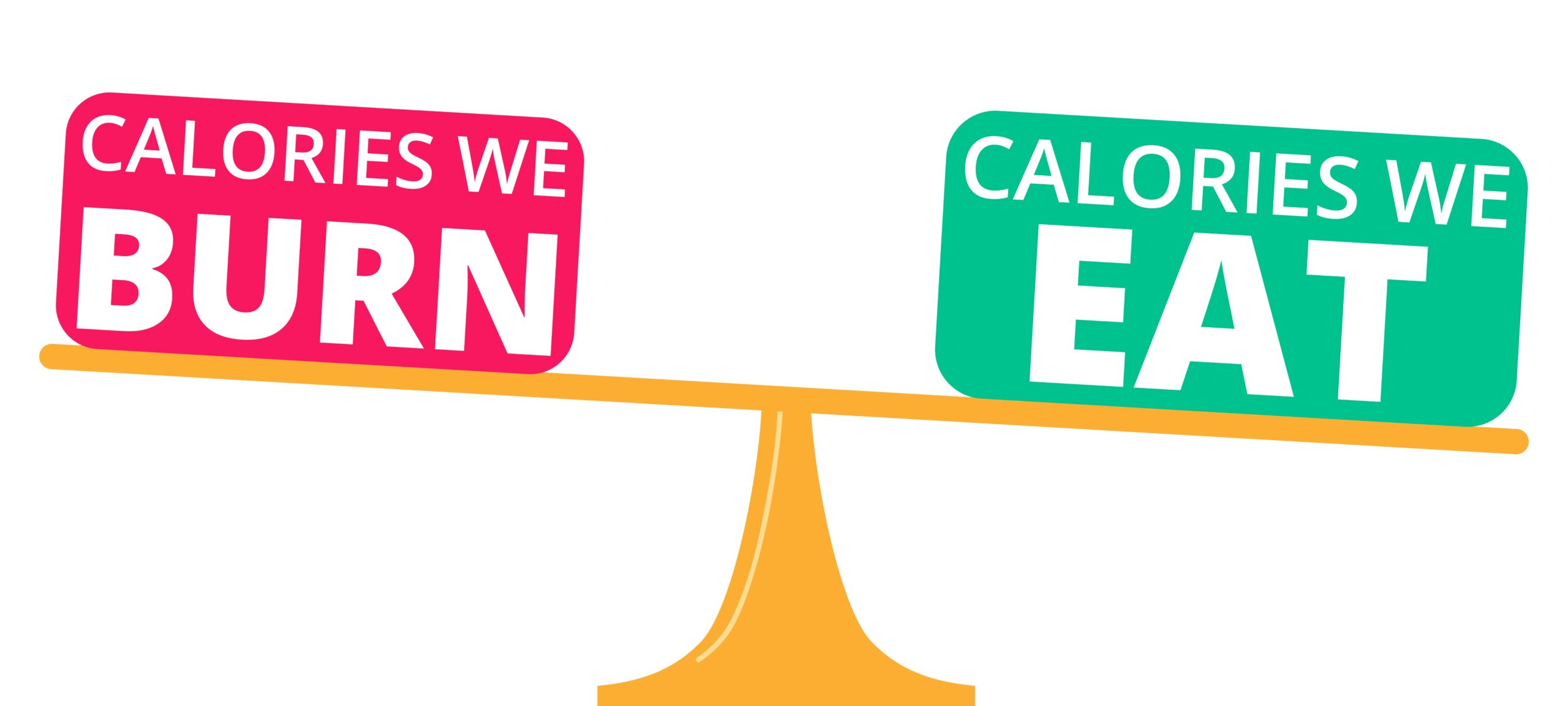As two dieticians, we often get met with confusion and puzzled faces regarding what we do and how it is we got here. Countless times we have been directly messaged from new high school graduates seeking advice and looking for career guidance or we are asked what the difference is between nutritionists and dietitians.
In honour of Dietitians Week 2020, we hope this blog will help demystify the confusion.
Let us begin by expressing how much we love what we do and how proud we are to be a part of this professional group of Registered Dietitians.
First, what is a dietitian and how is it different from a nutritionist?
Funny enough, there are some places in the world where both titles are used interchangeably – notably the US where instead of Registered Dietitians (RD), they are called Registered Dietitian Nutritionists (RDN), and in Quebec, Canada where one of our founder’s – Ariana did her training in Montreal at McGill University.
Most commonly, however, there is a distinction between the two.
According to the British Nutrition Foundation, a dietitian is “a qualified health professional that has been specially trained up to university degree level, particularly to work in hospital and clinical settings but is also able to advise you on all aspects of your diet” …if we may add [AND more than just diet!].
We are governed by a regulatory body that ensures we comply to an ethical code and standard of practice, where they may audit our practice at any time to ensure we always provide the highest standard of care. The title ‘dietitian’ is protected by law and can only be used by individuals who have met a rigorous criterion of training, registered with the Health Care Professions Council (HCPC).
On a general level, we are weary of the term ‘nutritionist’ as it may not indicate a regulated profession. In many parts of the world, one can call themselves a “nutritionist” without having done any formal training. So yes, your neighbour Karen who is into all things fad diets and believes she knows all there is about detoxes and vitality can technically call herself a nutritionist, nutrition expert, guru… you name it.
In the UK, however, ‘Nutritionists’ accredited by Association for Nutrition are in fact regulated! Their voluntary governing body’s aim is “to distinguish nutrition practitioners who meet rigorously applied training, competence and professional practice criteria. Its purpose is to protect the public and assure the credibility of nutrition as a responsible profession.” This means researchers and academics in the field of nutrition may be accredited. Usually these individuals will be found working in public health, health promotion, policy development, research and development or they may work in private clinics where they provide general nutrition and lifestyle support.
Where can you find a dietitian?
Well, dietitians can be found in so many different speciality areas:
- NHS and/or hospitals in various areas such as oncology support (cancer), renal (kidney), intensive care units, diabetes care, gastrointestinal care, eating disorder units etc.
- Private practice in various areas (LIKE US!)
- Public health: the food industry where they analyse the nutritional quality of products being sold on the shelf, health promotion in public health working on developments such as the eat well guide and other informative resources, creating policies on fortification and child education in schools.
- Freelance dietitians for media events, corporate wellness, consulting on food and beverage products
- Pharmaceutical industry training other health professionals on supplements and products such as Nestle, Abbot Nutrition and Pepsico etc.
As some of you know, we divide our time between hospital settings in Eating Disorder Units and our beloved private practice at Embody.
So…..
What is it like working on an CAMHS Eating Disorder Unit?
A typical day will look like this:
- Amend nutrition care plans based on ongoing assessments and monitoring adequate weight gain and symptoms management e.g. constipation, bloating.
- 1:1 nutrition counselling with patients to address any social, environmental, psychological barriers to recovery, including body image and nutrition education.
- Provide support to parents and prepare for home visits.
- Collaborate with the ward doctor regarding prescription of appropriate supplements, implementing supplement protocols and ordering blood tests for nutritional assessment.
- Create tailored nasogastric tube feeding prescription for those who require nutritional support and are not yet eating enough calories to support recovery.
- Communicate with kitchen and catering department to ensure changes to meal plans are effectively managed and to update menu options.
- Eat lunch with patients and work towards normalising eating.
- PROJECTS! Such as creating nutrition education programmes or workshops.
- Attend multidisciplinary meetings (with medics, psychiatrists, nurses, psychologists, and family therapists) to catch up on any recent incidents, changes to patient care plans or share any observations to consider moving forward.
- Liaise with community teams to prepare for patient discharge.
WOAH. Yup – lots of responsibility and lots of love for what we do.
Our private practice looks slightly different as we do a lot more administrative tasks around creating new and FABULOUS resources for our clients founded on evidence-based approaches, we create social media content (find us on IG, TikTok, FB, LinkedIn and Twitter), writing e-books, liaising with GP’s regarding patient management, running our individual programmes and group programmes!
We are ALL about diversity in our profession.
We hope this answer’s many of your questions and you find it helpful!
P.S. Is it dieti[c]ian or [dieti[t]ian? We get asked. Well, it depends where you are in the world!
In North America (US/Canada) and Australia where we are from, we spell it with a T – hence why we roll with it! In the United Kingdom, however, they are the odd ones who decided to chuck the T and uniquely use a C, ha! No hard feelings.
To learn more about our programmes and how we can support your goals, book in for a FREE 15-minute consultation with us.
EHL x
References
www.nutrition.org.uk
www.bda.uk.com














